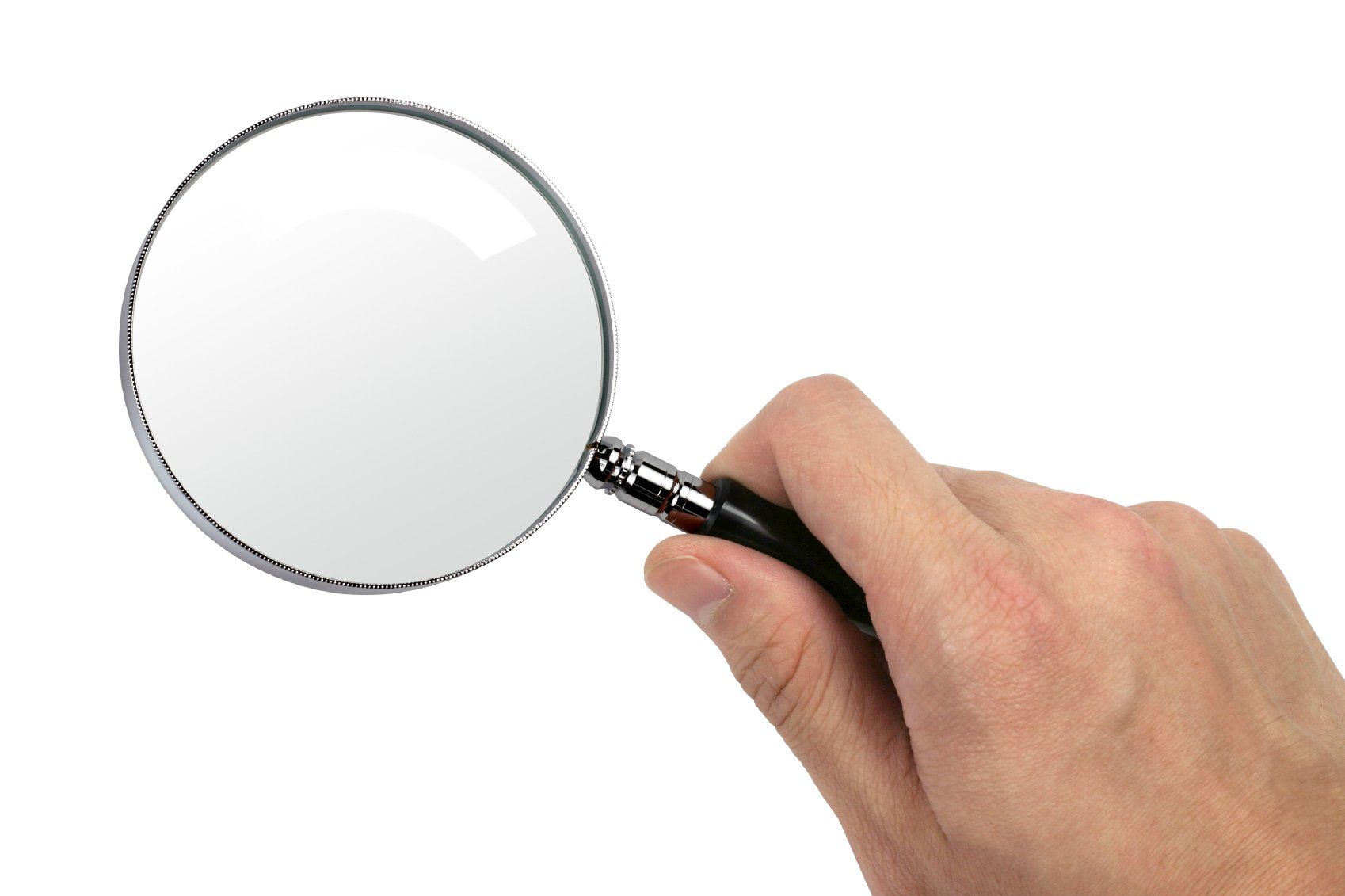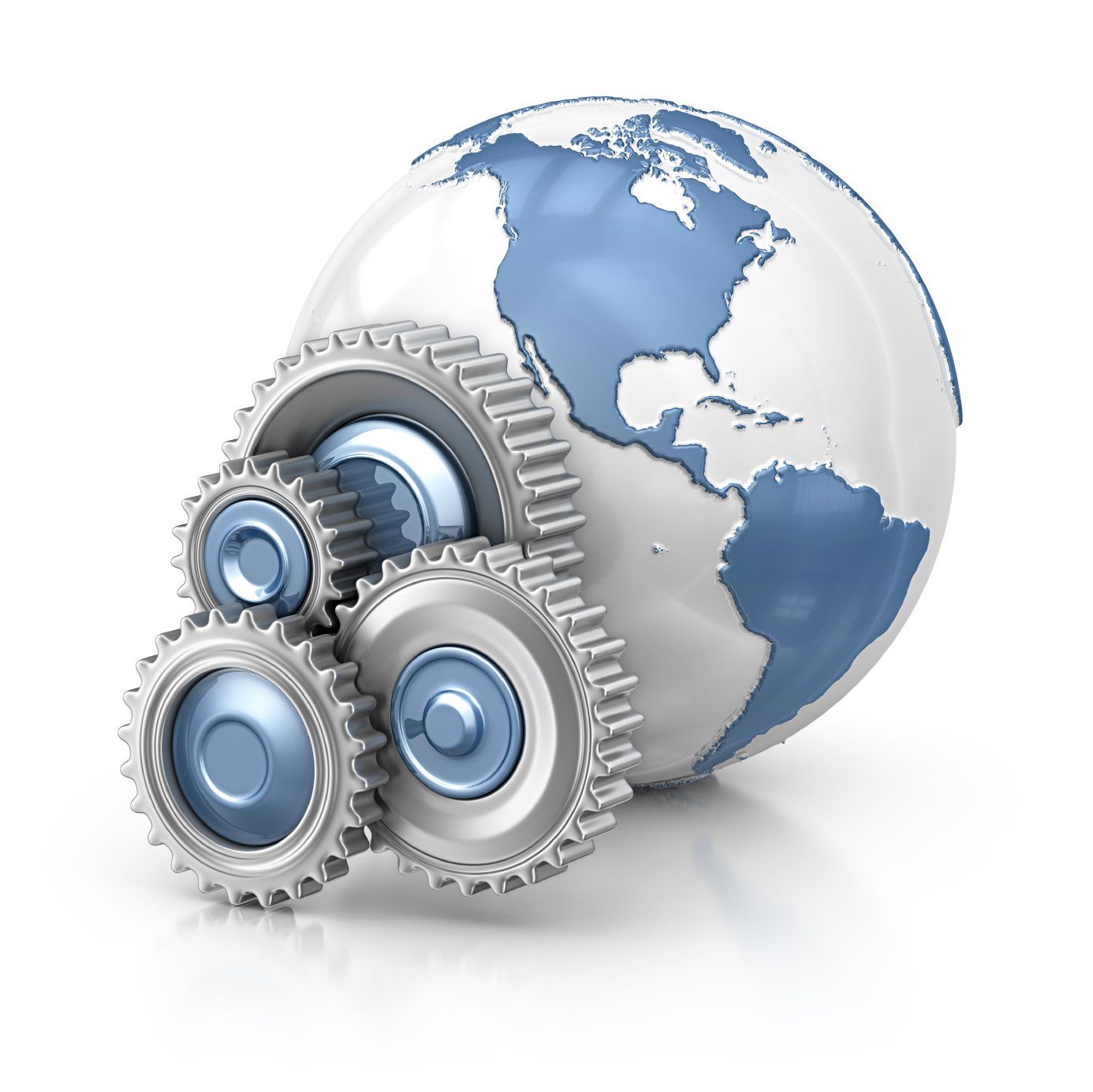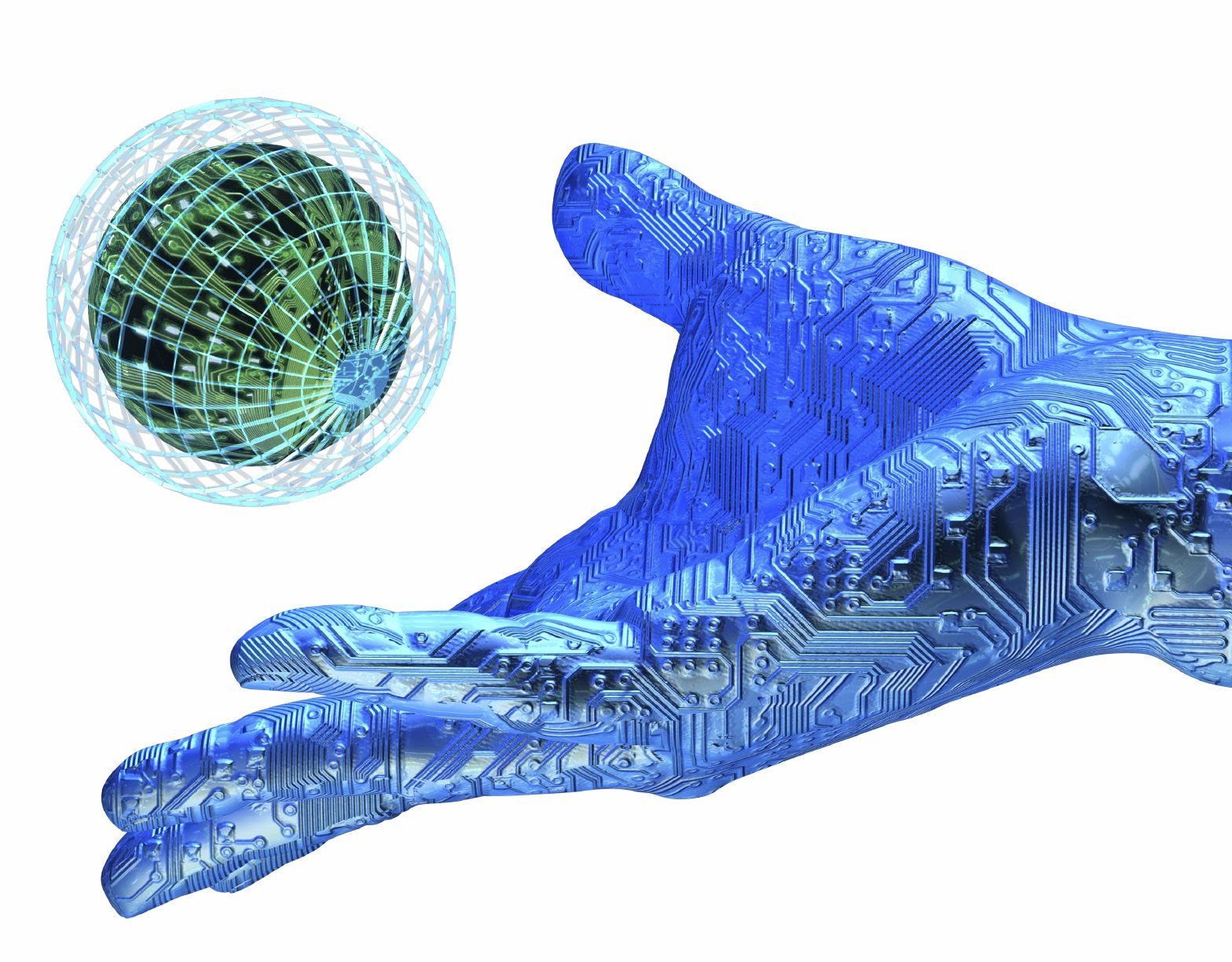Valuation Services
These are additional professional services designed to make available to clients, all the information and technological data of patents available in the main national offices of the world and other scientific databases, according to their specific needs and requirements.
PATENTABILITY REPORT. SEARCH FOR PRIOR ART.
This report is an important part of the presentation of an invention to patent offices, provides information on innovations in the field of the invention and also provides that there are no protected inventions prior to the presentation of your invention.
Because the important thing to consider when filing a patent is that it must involve inventive activity and have industrial application.
This is an exhaustive search of the Prior Art, in order to avoid impediment in the filing and examination of the patent.
The benefits of a search for Prior Art are;
- Avoid presentation costs that do not give security of being protected the invention.
- Avoid refusals in patent offices for lack of novelty.
- Prevent the invention from being protected by a prior patent.
If a patent report is negative for presentation, the options would be to modify the invention in order to protect it before patent offices.
FREEDOM TO OPERATE (FTO)
Freedom To Operate reports (FTO), makes it possible to determine whether in a country, product or procedure it may be subject to protection through a patent, utility model, industrial design or other form of protection.
The importance of searching using an FTO is based on the saving of effort when filing a patent application, since it avoids in many cases:
- Costs for development in an invention that may be presented in the same country.
- Costs for litigation in cases of opposition, infringement, etc.
This knowledge allows you to design the following strategies;
- Know in which countries your invention is not protected by patent. The strategy in this case would be to apply for the patent.
- Know in which countries your invention may be faced by a current patent. In this case modify the invention, so that it can be protected and has no opposition by third parties.
- Know at what stages a patent in which your invention can be considered an infringement, since it may be the case that an invention may be protected, but the attainment of protection has been rejected. In this case the strategy would be to present your invention or modify your invention.
- Note in which countries the patent owner may be interested in filing an application.
PATENT VALUATION.
Patents, trademarks and/or industrial designs are part of the company’s assets as intangibles.
Knowing how much your intangibles are worth increases the value of your entity when making decisions about transfers, mergers, licensing, etc.
This is achieved with a detailed study of the industrial strength of the patent, as far as trademarks are concerned, it gives them market strength, both for broadcasting and for trading on the markets.
The benefits of a patent valuation report are as follows:
- Granting of licences
- Knowing the value of your patents puts you in a better position when negotiating contracts license.
- Making investment decisions (a detailed analysis of a company’s patents) may be a critical factor for investors in the company.
- To possess information authorised in case of disputes.
- Obtain public funding.
- Examine your company’s patent portfolio.
- Analyse the value of individual patents.
- Align patent strategy with your overall business strategy
Technological watch
Technological watch is a working method that allows, through a continuous process of collecting and analysing information, to obtain knowledge that helps in the decision-making of all types of organisations.
- Anticipate. Study the field of emerging technologies, products, materials, markets where to develop your technology.
- Analyse the amount of information and respond to new technologies, and how it affects the development of your own industry.
- Minimise the risks of patent infringement.
- Study the gaps or obsolescence of the technology itself in terms of innovations in the market.
- Detect new technologies and develop new technological inventions in order to be always in line with new markets.
- Optimise spending on the development of new innovations taking into account R+D+I applications.
Technological Intelligence
Technological intelligence is the result of a set of coordinated actions of search, treatment (filtering, classification, analysis), distribution, understanding, exploitation and protection of the information obtained, which allows decision-making in a organisation for the development of their individual and collective strategies.
Due to the great amount of information, in many cases dispersed and difficult to handle due to the complexity of the data, a process of search, handling and analysis of information is necessary, to transform it into knowledge that allows the adequate management of resources for the design, production, improvement and commercialisation of technologies, operations, processes, through the generation of:
- Technological plans and strategies for decision making.
- Identify potential technological threats
- Identify opportunities to invest in technology.
- Incorporate new technological advances in the execution of projects.
- Help determine the strategy for internal R+D+I development.
- Study the viability of technological projects.
- Identify possible collaborating organisations.
- Provide technical data and information services.
- Identify technological and market trends.
- Identify opportunities to invest in technology, including commercialisation





